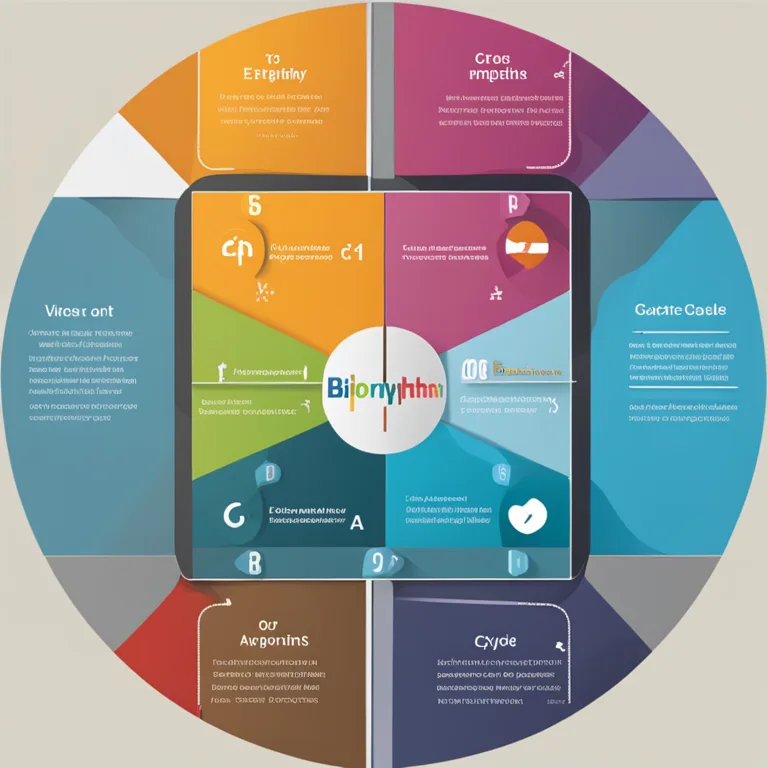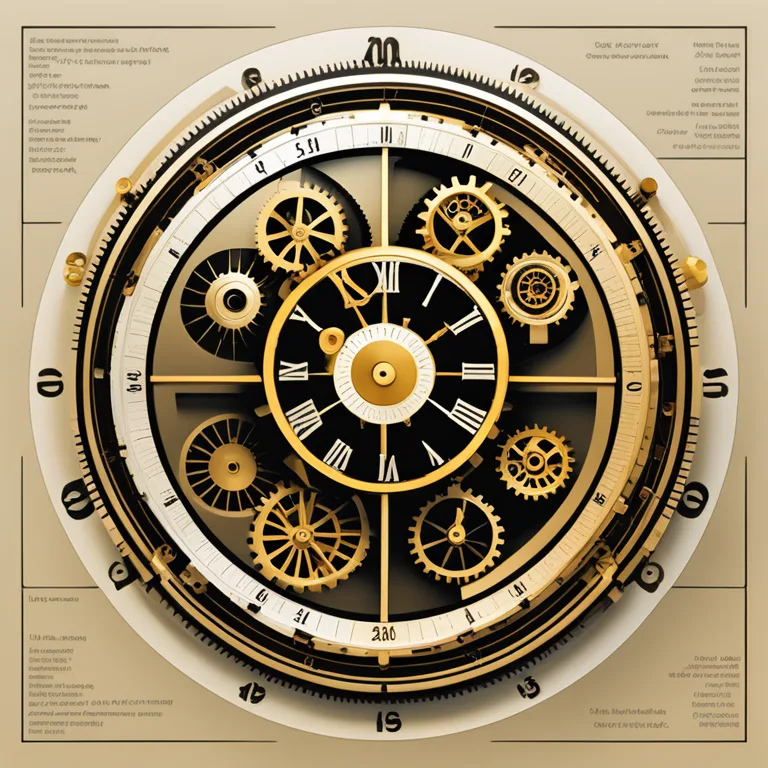
Biorhythms Calculation: A Step-by-Step Guide
Learn how biorhythms are calculated to understand your physical, emotional, and intellectual cycles for better life planning.
article by Adrian Wallace
Introduction to Biorhythms
The study of biorhythms is a fascinating field that delves into the rhythmic cycles our bodies are believed to follow. Proponents of biorhythms assert that three primary cycles – physical, emotional, and intellectual – influence our daily lives and capabilities. Calculating these cycles can potentially aid individuals in anticipating fluctuations in their well-being and performance. In this article, we'll demystify the process of calculating these enigmatic cycles and discuss how they might be used in making day-to-day decisions.

Understanding the Three Primary Cycles
Before we dive into the calculations, let’s clarify the three primary cycles. The Physical cycle, with a span of 23 days, relates to one's vitality, strength, and overall physical condition. The Emotional cycle, lasting 28 days, mirrors the emotional ebb and flow, affecting mood and sensitivity. The Intellectual cycle, completing its rotation in 33 days, encompasses cognitive abilities, alertness, and logical function. By charting these cycles, one may potentially predict their peaks (high points of the cycle) and troughs (low points).

The Calculation Process
To calculate biorhythms, you need a starting point, which is typically the person's date of birth. From this date, the number of days lived is tallied to determine the current position in each cycle. As of 2024, software and online calculators can streamline this process, but it’s grounded in mathematical models that use sine functions to represent the undulating nature of these cycles. Each cycle starts at zero, rises to a peak, falls back through zero to a trough, and then rises again, completing the cycle.

Physical Cycle Calculation
To calculate the Physical cycle, divide the number of days since birth by 23. The remainder (a value between 0 and 22) indicates the current day in the physical cycle. A value of 0 suggests that the person is at a critical point of transition in their physical biorhythm, with day 11.5 as the peak and 23 (or 0 in the next cycle) as the critical day of change again, signifying the cycle's restart.

Emotional Cycle Calculation
The Emotional cycle can be determined using a similar method. Divide the days lived by 28 to find where one stands in the cycle, with day 0 and 28 indicating critical transition points. The maximum point of emotional intensity is reached halfway through at day 14, while the lowest emotional ebb is at day 28 or 0, as the cycle resets. Recognizing these points may give insights into emotional resilience or vulnerability.
Intellectual Cycle Calculation
The Intellectual cycle requires dividing the number of days since birth by 33. Like the other cycles, the remainder identifies the current position in the intellectual cycle. With intervals of 33 days, the peak occurs at 16.5 days, representing heightened intellectual prowess, while day 33 or 0 can be a critical turning point, suggesting a potential low in mental faculties as the cycle starts anew.
Interpreting the Results
Once the calculations are complete, the results need interpretation. Days close to the peak suggest heightened abilities relevant to the cycle, while those near the trough imply the opposite. Critical days demand caution as they may bring a sense of unpredictability or flux. It's crucial to remember that biorhythms are one of many tools for self-awareness and should be used as a guide rather than a deterministic blueprint for life.
Technological Advancements in Biorhythm Calculations
In 2024, advancements in personal technology have simplified biorhythm calculations. Many use apps that automatically process these calculations using merely a date of birth and provide comprehensive charts and interpretations. This evolution has made biorhythm calculations accessible to a broader audience, fostering a renewed interest in how these ancient rhythms might play a role in modern living.
Published: 1/4/2024
Modified: 1/4/2024
More predictions
Come back here soon to learn more about yourself and your future


The Practical Applications of Biorhythms
Delve into the practical applications of biorhythms and discover how they can influence your daily life and personal wellbeing.


The Accuracy of Biorhythms: Fact or Fiction?
Examine the validity of biorhythms in predicting personal vitality and life cycles in this in-depth analysis.


The Practical Uses of Biorhythms in Daily Life
Discover the practical applications of biorhythms across various aspects of daily living, from personal health to decision-making.